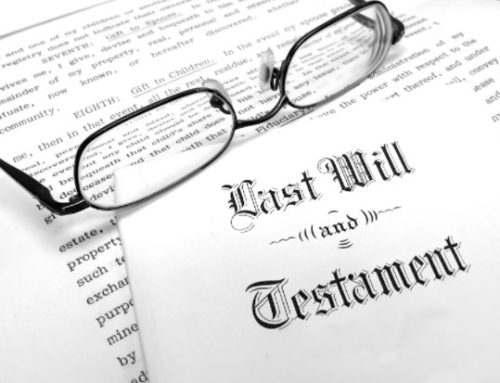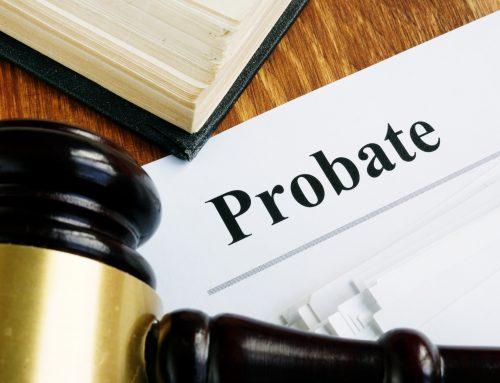When a person dies without a will their property is distributed according to the rules of intestate succession. Intestate succession is basically an algorithm that sets a precedence for the deceased person’s heirs. In this article, we’ll talk about what intestate succession and how it works.
What Assets Pass Through Intestate Succession?
Any assets that the individual owns alone are passed through intestate success, the same way they would if the person had a will. In other words, assets that are held in the person’s own name.
There are some assets however that would not be subject to intestate succession. These include:
- Property that has been transferred into a trust. Property transferred into a trust would be distributed in accord with the terms of the trust. Many people prefer to distribute their valuable assets this way and there are a number of excellent reasons to consider this as an alternative to passing everything through your will.
- Life insurance policies. Life insurance policies are paid directly to beneficiaries. They do not pass through probate.
- Retirement accounts. Monies or assets that are held in a 401k or IRA are transferred in accord with the policy’s terms.
- Property owned jointly with someone else. Property you own jointly simply defaults to a living co-owner’s possession.
One final class of property would not be subject to intestate succession. That is any property that has a transfer-on-death (TOD) deed associated with it. This includes real estate, bank accounts, vehicles, securities, and other valuable assets or property.
Who Gets What Property When the Deceased Doesn’t Have a Will?
This is where it gets interesting. In the introduction, we referred to this process as an “algorithm”. That does a fair job of describing how intestate succession works. It depends entirely on which relatives are still alive when the individual dies.
For instance, if the deceased’s spouse is dead but they have living children, then the children get everything. If the spouse is still alive but there are no parents or children, then the spouse gets everything. If the spouse is still alive and there are living children, then the spouse and the children split your estate 50/50.
It gets more complicated from there. What happens if a person dies, leaves a living spouse, but has children from a previous marriage? The spouse then would keep 50% of the deceased’s personal belongings and 25% of the fair market value of any real estate. The children would get everything else.
Ok, but what if there are no children, one spouse, and living parents? Then the spouse would get 75% of the deceased’s property while the parents would get 25%.
But what if there is no spouse, no parents, and no children? Then the siblings would get everything. If there are no siblings, then the state would search for cousins, uncles, aunts, or anyone else who is even remotely related to you.
In extremely rare situations, the individual dies with literally no blood relatives and no will. What happens to their property? The state gets it. This is called escheat. Instead of leaving the property “unowned”, the state takes control of it. If any heirs were to step forward — even years later — the property would be transferred to them.
Some Intestate Succession Laws Are Antiquated
The laws of intestate succession are very old. The term escheat is a historical term dating to the feudal era. There are still some Indiana laws that don’t make a whole lot of sense in the modern age. For instance, if a man fathers a child to a mother with whom he was not married, the children can only claim property upon his death in certain circumstances. Those are:
- The father later marries the mother and acknowledges the children as his own.
- The father signs an affidavit affirming that he is indeed the father of the child.
- Court establishes the child’s paternity as the deceased father and the child is under 20 years of age.
- The child was born after the father died, but the court was still able to establish the child’s paternity so long as the petition is filed within 11 months of the father’s death.
Barnes Caldwell Law Can Help You Draft a Will
There are a number of things that you can do to avoid the confusion of intestate succession. Call the Indiana probate lawyers at Barnes Caldwell Law and we can begin discussing your options today.






